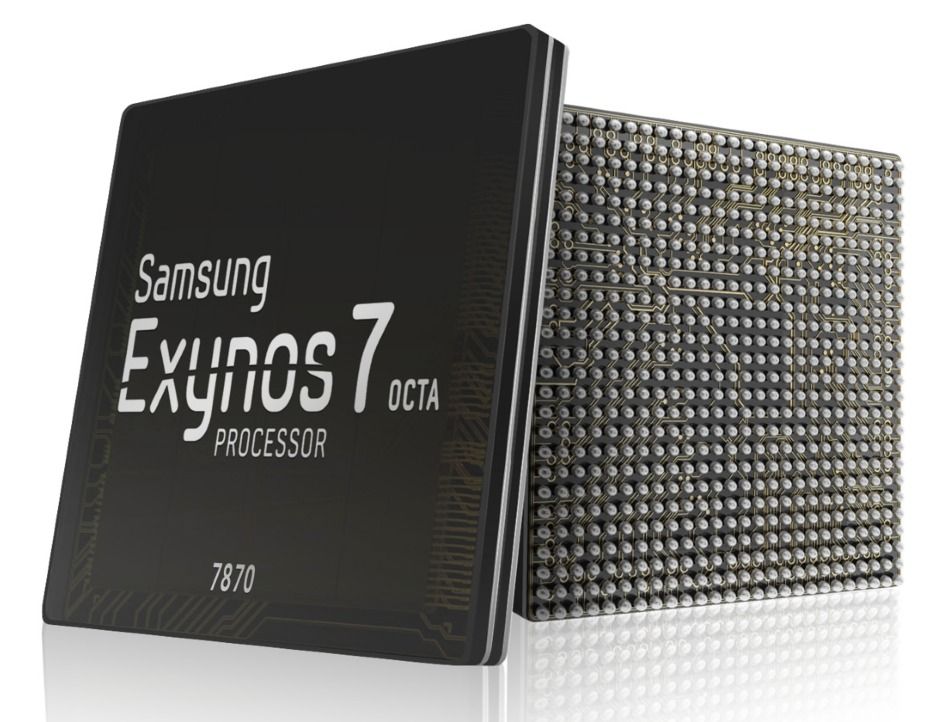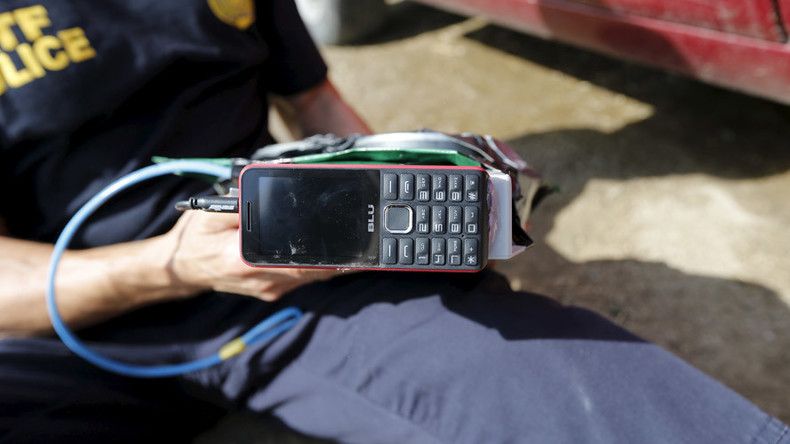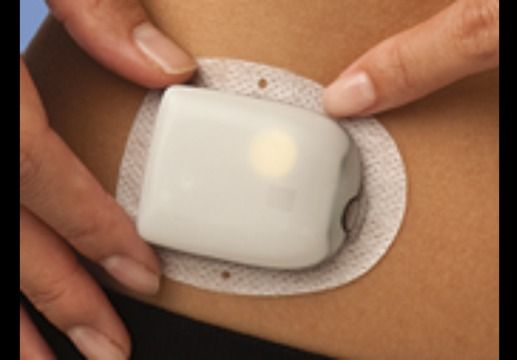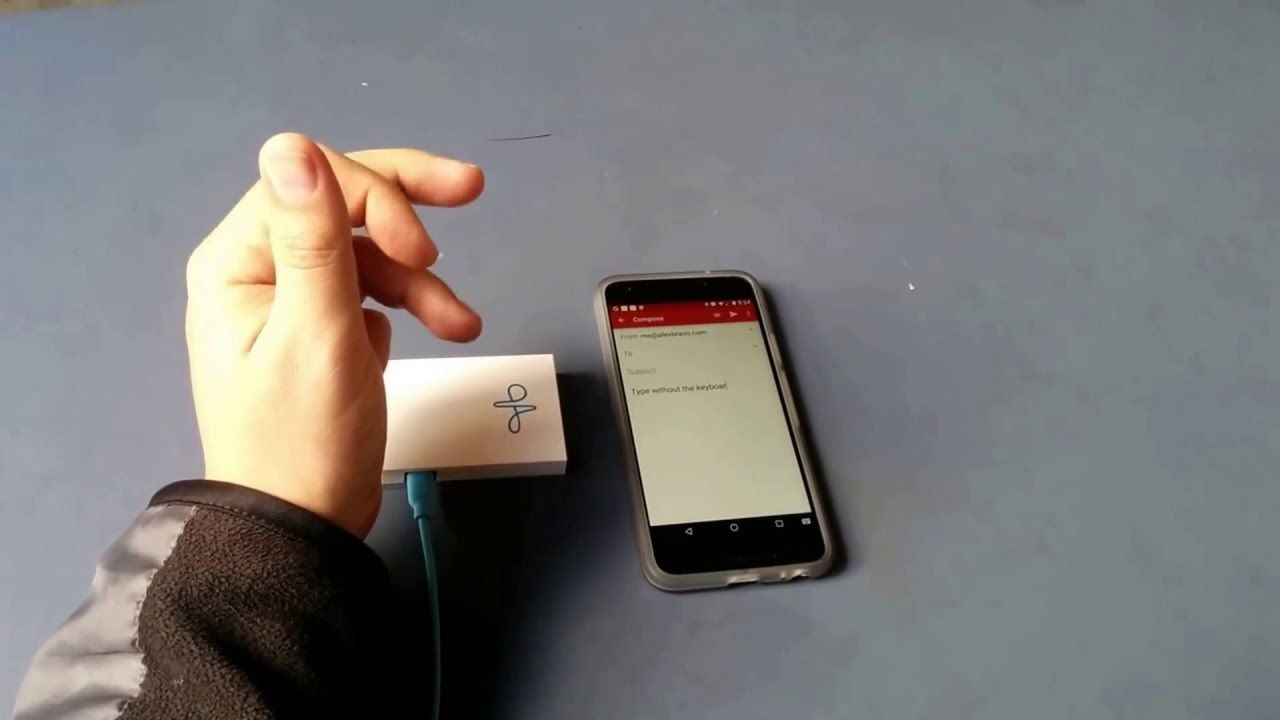Mar 16, 2016
We Are Coming for You, Tesla, And You, Too, Google, Says Hacker Hotz
Posted by Karen Hurst in categories: cybercrime/malcode, mobile phones, robotics/AI, sustainability, transportation
The legendary hacker George Hotz, known by his nom de guerre “geohot,” who first came to public attention by hacking Apple’s (AAPL) first iPhone, spoke this morning at the South by Southwest conference about taking on Tesla’s (TSLA) self-driving car initiatives with his own garage efforts, a talk titled “I built a better self-driving car than Tesla.”
By the end of the talk, it was clear he had numerous targets, including Alphabet’s (GOOGL) self-driving car efforts, despite mighty respect for the search giant.
Hotz’s achievement, rigging up home made parts to an Acura ILX to make it self-driving, first came to prominence with an article in mid-December by Bloomberg’s Ashlee Vance.
Continue reading “We Are Coming for You, Tesla, And You, Too, Google, Says Hacker Hotz” »
















